 As we spend an increasing amount of our lives using the Internet, we must be aware of our increasing vulnerability to cyber crimes. With this said, most people think more about maintaining their family’s and their property’s physical safety by securing their Jacksonville homes with wireless security systems, but they do not approach their Internet safety with the same concern.
As we spend an increasing amount of our lives using the Internet, we must be aware of our increasing vulnerability to cyber crimes. With this said, most people think more about maintaining their family’s and their property’s physical safety by securing their Jacksonville homes with wireless security systems, but they do not approach their Internet safety with the same concern.
SafeTouch Security Systems has locations in Jacksonville, Tampa, Tallahassee, and Orlando, Florida, and Savannah, Georgia to meet the security needs in each individual area.
1. Surf Safely
The best rule of thumb is that any site that does not feel right probably is not safe. Key clues are being overpopulated with inappropriate ads or images. Navigate away from any such suspicious sites immediately without clicking anything.
2. Always Use HTTPS
Another basic, but essential, rule is using the HTTPS, which indicates a secure and encrypted connection. Never work online at a coffee shop or public place without it, as HTTPS in the web address means that any exchanged data will be secured.
3. Avoid Strange Emails or Requests
If you receive any emails from strangers, avoid opening attachments, which could be malware or viruses.
- Remember that any offer that sounds too good to be true is probably fake.
- Never provide personal information for rewards.
Even when you receive email from banks or other institutions asking for information, be sure to verify it or, better yet, log in through the institution’s website.
4. Share Personal Information Sparingly
Much as we treat social security numbers, the Internet has made even ordinary information dangerous. Now, sharing your telephone number, address, or email on social media can threaten your security. When filling out online registrations, only enter required fields, and opt out of sharing information.
In addition, consider using a secret phone number and email address, as publicly available ones can be a hacker’s foot in the door. For email addresses, avoid using the same login for multiple sites, or create a secret email address for online log-ins. In either case, be sure to delete any emails that contain registration information.
5. Monitor Accounts and Users
Keeping track of your credit card and bank accounts is the best policy in terms of catching cybercriminals, keeping an eyes out for any strange charges. For credit more generally, use your free credit report each year to check that no one has opened accounts in your name.
When it comes to monitoring, don’t forget about your household members, too. Keep track of your children’s online activity, in particular, as they can put themselves, and you, at risk. Teach them safe surfing practices or even consider parental software.
6. Password Management
The strength of your password is the most vital form of frontline defense, so choose wisely, and manage them carefully. Firstly, choose a secure password that:
- Contains both letters and numbers,
- Is longer than 8 characters,
- Mashes together multiple phrases,
- Is deliberately misspelled, and
- Does not use conventional capitalization.
Select something easy to remember but not too obvious, and be sure to use different passwords for each banking, credit, email, or social media site. Password management programs can help by entering complex passwords for you and alerting you when they must be changed.
7. Secure Security Questions
Be sure to create complex yet easy to remember answers to security questions. Like passwords, it helps to use numbers as well as letters and to mash phrases together or misspell. Best of all is to avoid answering the security question, although the response should be memorable or managed.
8. Let Software Help
The most basic security is a firewall, which is included on most computers. Use anti-virus, anti-spyware, and anti-malware tools and programs to scan your computer, find, and eliminate malware, viruses, or codes that steal personal information. Some programs will wipe confidential information from your computer.
9. Log In Securely
When logging into sites, use a 2-step authentication process, which requires a secondary pin emailed or texted to you. This will prevent anything but the most heavy-duty, targeted attacks. In addition, set up login notifications that will contact you by text whenever an unrecognized IP address attempts to log into your account. This will enable you to remotely log them out and re-secure your account.
10. Tie up loose ends
Some of the loose ends of wireless security systems Jacksonville are also some of the easiest and more important ways to secure your Internet identity.
- Never link accounts, as this makes it easier for hackers to access all your accounts at once.
- Avoid having your credit or bank card information online, which puts your account at risk.
- Secure your personal electronics with passwords in case they get lost or stolen.
- Maintain an offline backup on a durable, affordable external drive that you update once a week.
